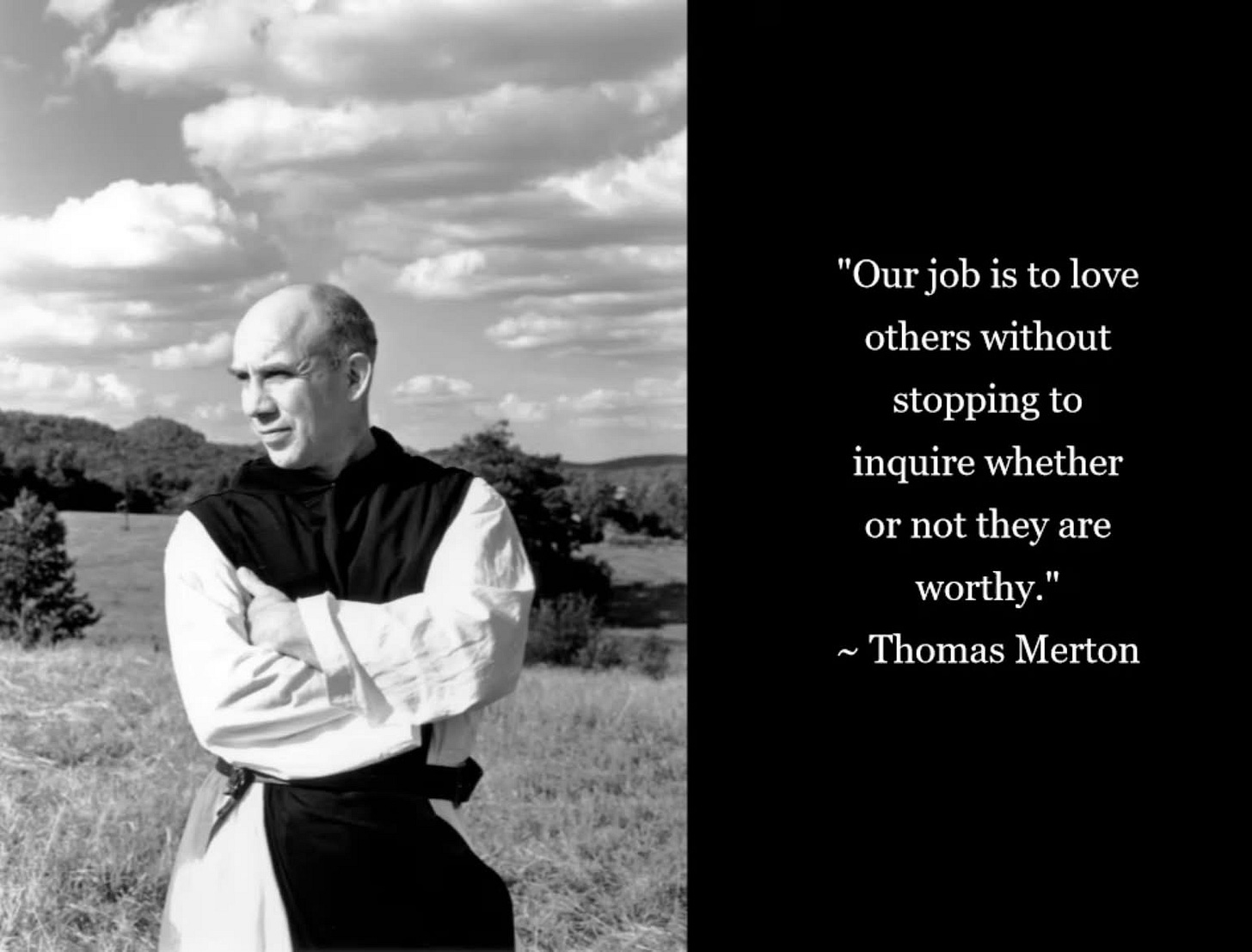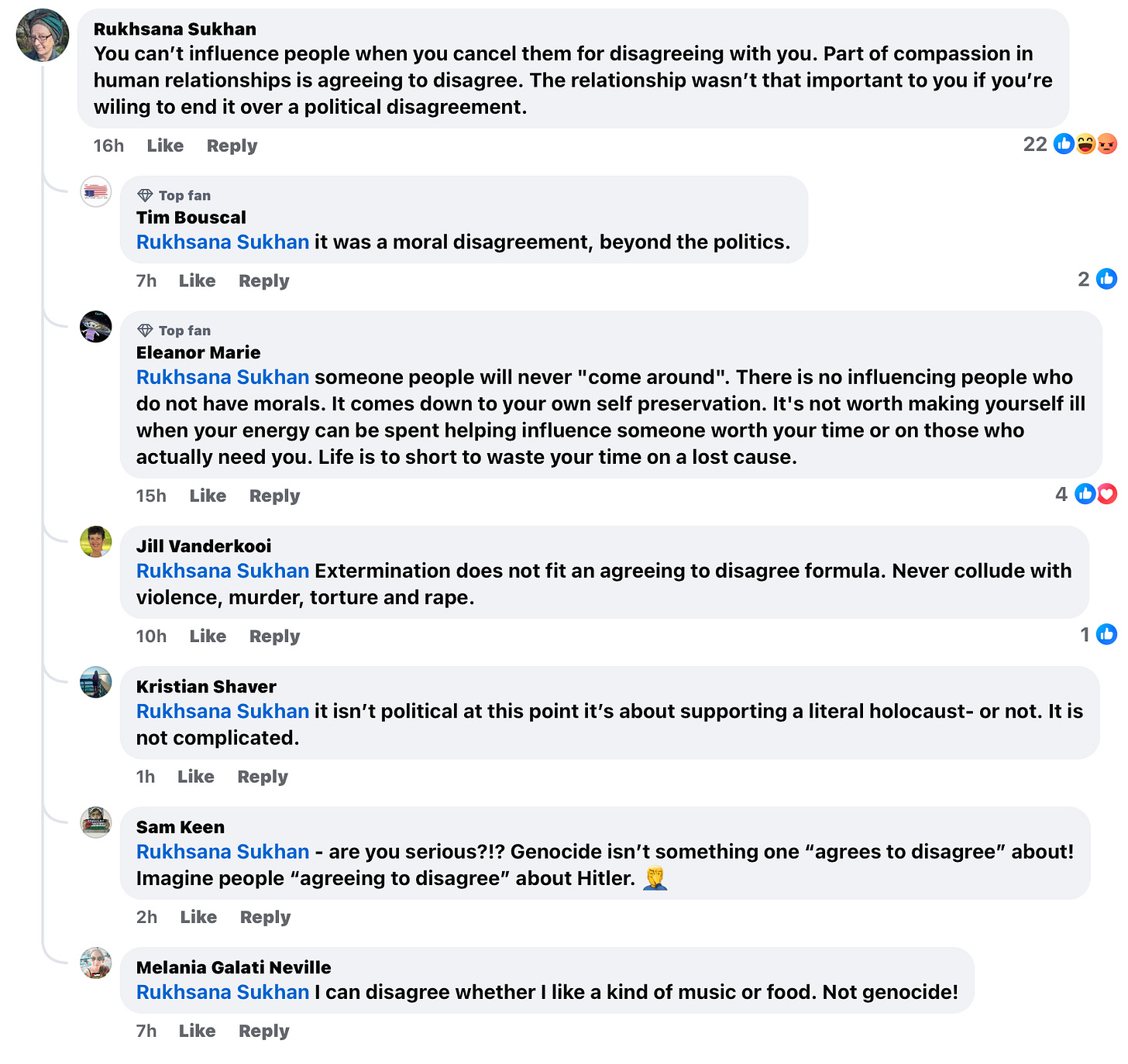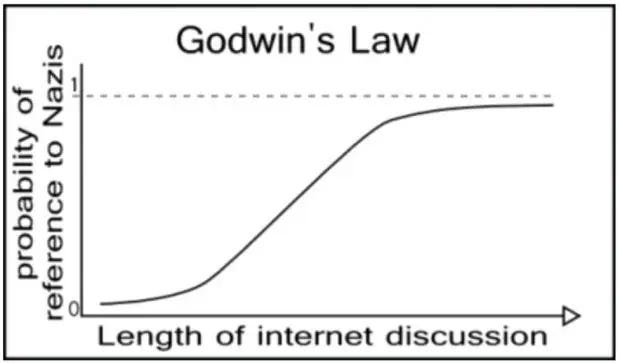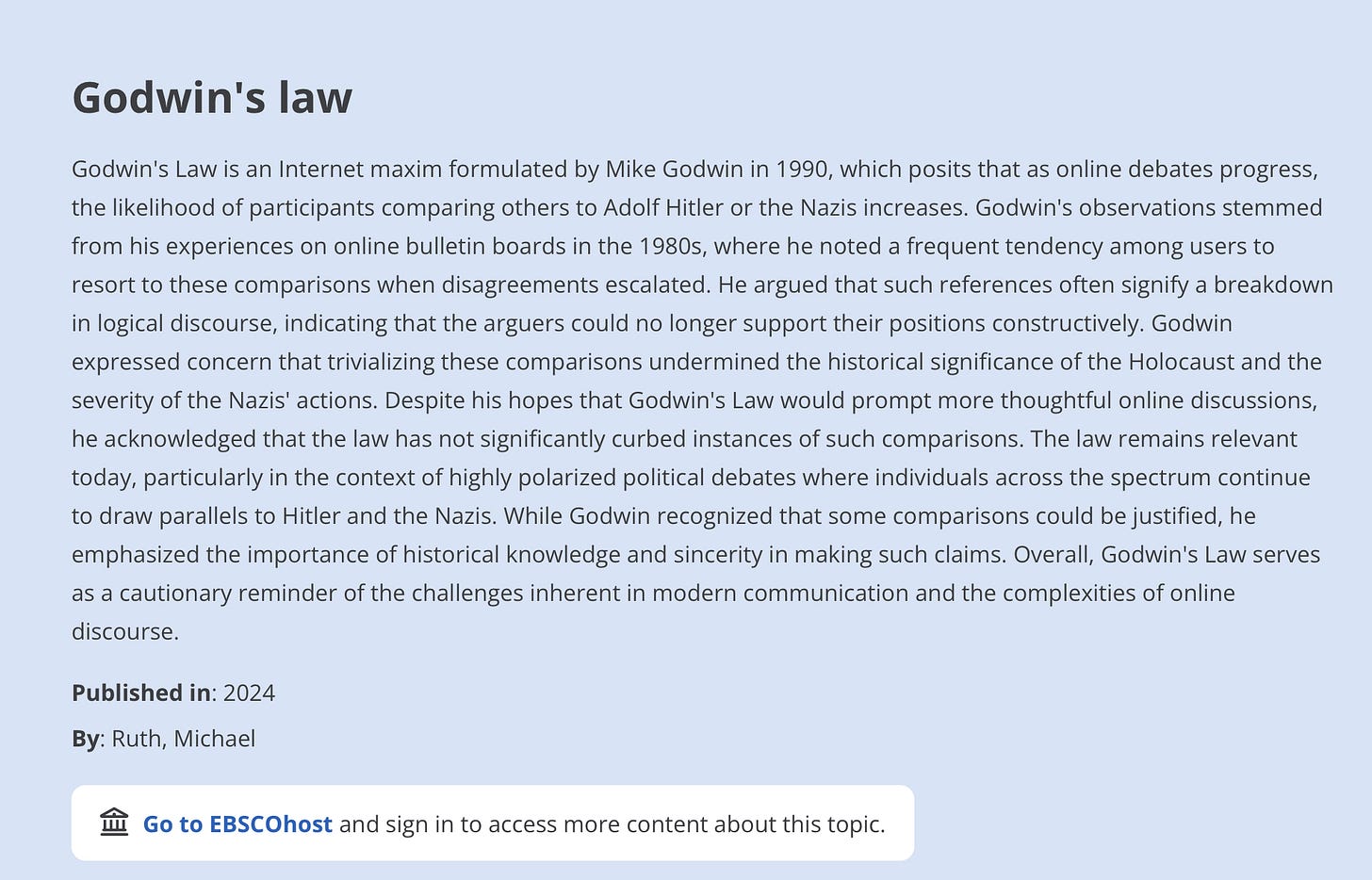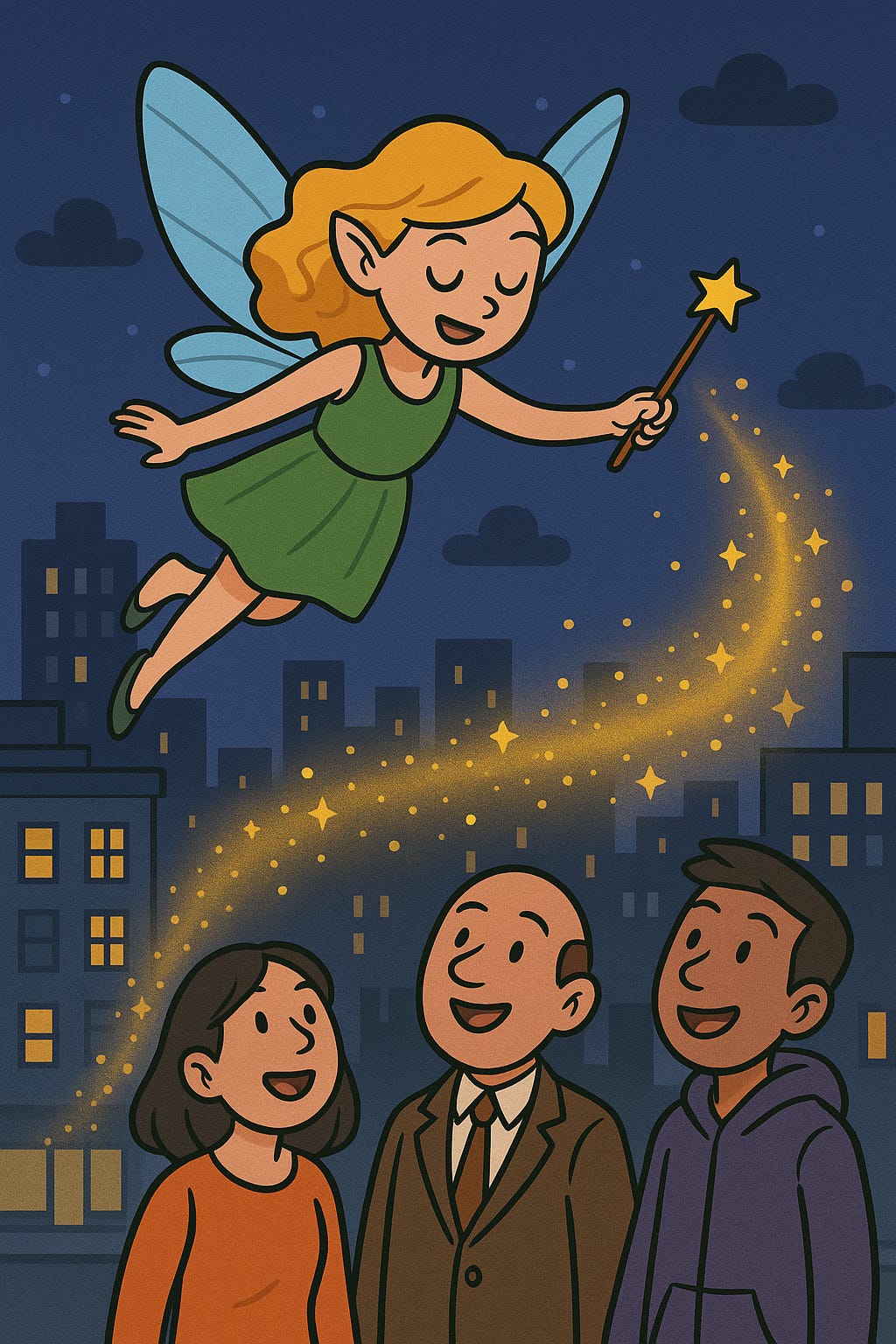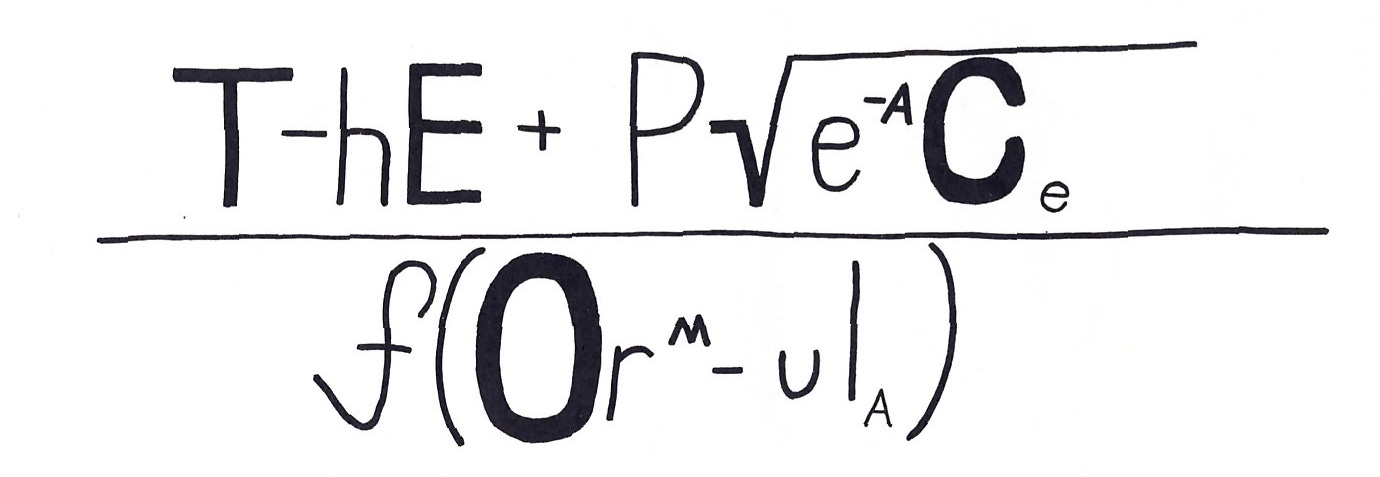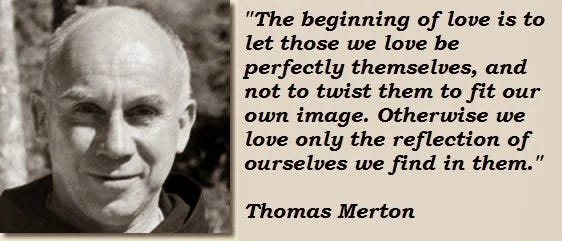Moralising Geopolitics Blocks Peace
disconnecting from and canceling friends takes us further from peace and extends conflict that we tell ourselves we want to see ended
Yesterday I saw this post in a graphic on Facebook, with the caption “Well said. There comes a point where we cannot simply keep justifying horror.”
Today I disconnected from an Israeli friend I've known for more than 20 years.
For the past two years, I've tried everything ! could to show him the truth about Gaza. But he still insists Israel's actions are only about destroying Hamas and freeing hostages-even after it openly admitted it is taking over Gaza and plans to resettle it. I shared the stories of mothers forced to watch their children be operated on without anesthesia and with kitchen knives. His response was simply:
“I don't care.”
That was the final straw. I had to remove myself from his life. I could no longer bear to know him. I told him that if he ever wakes up to the truth and feels genuine remorse for his past positions, I would welcome him back. But until then, I believe this is what must be done everywhere-to show individuals, Israel, and the world that we will not tolerate racist, inhumane collective punishment against innocent children.
I made the following response to this post: You can't influence people when you cancel them for disagreeing with you. Part of compassion in human relationships is agreeing to disagree. The relationship wasn't that important to you if you're willing to end it over a political disagreement.
Reader, that simple comment triggered a lot of people. You can see the reactions below.
I find it fascinating that people see alienating and cancelling anyone (let alone a longtime friend) expressing an unpalatable stance on a political event as the way to deal with this kind of disagreement. Yes, it’s a disagreement, reader. It’s a disagreement about a longstanding geopolitical situation in the Middle East. It’s a geopolitical situation that causes people’s brains to fall from their heads. It’s a geopolitical situation that causes people to lapse into an antisocial fugue characterised by psychopathy1 and intense verbal aggression. It’s a geopolitical situation that causes the prefrontal cortex to go offline whilst the amygdala takes over and drives the bus, in erratic and unreasonable Hogwart’s night bus fashion.
Reader, I’m old and remember when we had a convention where we didn’t discuss the topic of Israel-Palestine in polite everyday conversation with friends and family. Why? Because of the sacred religious and cultural and political ideas swirling around this topic. Because, when it comes to the geo-conflict itself, the average person lacks the emotional maturity and the emotional intelligence and the intellectual rigour and the knowledge base to navigate the complex and uncomfortable discourse. I think I’ve proved this through my single Facebook interaction with that post. Scroll up and re-read my comment and then re-read the reactions to my comment.
Look at the choice of language people used who responded to my comment. Moral disagreement … lost cause because some people never come around … invoking hyperbole and using words such as extermination, violence, murder, rape, torture … invoking more inflammatory rhetoric such as supporting a literal holocaust … invoking inflammatory language such as genocide … invoking Goodwin’s Law, can’t have an invigorating online conversation about Israel and Gaza with strangers without mentioning good old Adolph, can we? “Everyone I disagree with is literally Hitler and if they’re Jewish then I get extra points for a cool slam dunk.” Genocide—the word has become a ballistic weapon and as such, no longer has meaning. “Every event I find atrocious and horrific is genocide.” Reader it only took 18 hours for Goodwin’s Law to take effect.
I have questions. Why do people who claim to feel so strongly about an atrocity they describe as a holocaust or a genocide not want to make the effort to build bridges to create understanding? Why wouldn’t such a person make an effort to understand their interlocutor’s position and try to see from their perspective? Why does anyone claiming to abhor violence and abuse behave in ways that incentivise and embody mistreatment? Don’t they want a resolution? Why isn’t a longterm friendship worth the time and patience it takes to negotiate a truce or some kind of understanding?
I could no longer bear to know him. I told him that if he ever wakes up to the truth and feels genuine remorse for his past positions, I would welcome him back. But until then, I believe this is what must be done everywhere-to show individuals, Israel, and the world that we will not tolerate racist, inhumane collective punishment against innocent children.
An Israeli negotiator who lost a family member to Hamas met with Hamas negotiators to secure the Gilad Shalit deal2, a Palestinian man who lost 30 family members in Gaza following the October 7th massacre has met with Israeli hostage survivors and their families — surely you, offended bougie westerner in the Facebook comments with no skin in the game, could tear yourself away from your masturbatory moral indignation in order to bring yourself to listen to your pro-Israel or Israeli friends or acquaintances and patiently negotiate your way through this difference of opinion?
How do you expect peace happens, offended progressive on Facebook? Do you think the peace fairy comes down from her realm and sprinkles peace dust on everyone and we magically get peace?
That’s a childish fantasy, reader. Peace takes difficult work, it’s a hard-fought battle to arrive at peace, whereas conflict devolving into warfare happens effortlessly. It’s myopic and self-limiting to tell yourself that your actions in the face of an Israel versus Palestine conflict bearing down on personal relationships don’t contribute to the overall solution of peaceful coexistence. How on earth does anyone think that Israelis and Palestinians can exist side by side on a piece of land 72 miles wide and overcome this conflict when North Americans, on a piece of land 2,800 miles wide, cannot work through our comparatively petty grievances and disagreements over this geopolitical situation happening oceans away in two foreign languages?
How far and in how many ways can you stretch yourself to bring about peace and peaceful coexistence? Does your compassion have limits? What are they—do you know them?
“I believe in death … I wanted to kill 20, 50 Jews … even babies and children.” — Wafaa al-Biss, failed suicide bomber, June 2005
“Stop this war … Bring me back my babies” — Wafaa al-Biss, failed suicide bomber and mother of two young boys, March 2024
Progressives who claim to vehemently oppose racist, inhumane collective punishment against innocent children, did you shed any tears for any Israeli children orphaned by the Hamas terrorist attack, for the children taken hostage, for the children killed? For the many Israelis killed by the many terrorist attacks over the years since this conflict began? Indeed, it’s collective punishment to kill entire families of Palestinians in order to target one or two or a handful of militant terrorists. Killed for being Jewish, that’s also collective punishment. Hostages who came home from Gaza report that civilian Gazans held them in their homes, starving and neglecting and mistreating them. Do you have some moral outrage in your arsenal for hostage survivors? What about for Yarden Bibas or Eli Sharabi? What about for Batia Holin or for Noa Argamami?
Does the empathy of the keyboard warriors who chided me in the Facebook comments live on a two way-street?
My empathy and compassion extends to Wafaa al-Biss. Does yours? I dare you, read her story, embedded link below. When you humanise the conflict, it becomes obvious that crude attempts of western useful idiots to moralise geopolitics don’t have much utility value in the overall peace process. It’s a bit like thinking masturbation will make you a parent.
What empathy does the I need to cancel anyone who disagrees with my moral argument that genocide is bad crowd have for the Palestinian suicide bomber who publicly wished to kill Israeli children, gained her release from prison through the Gilad Shalit deal, and made a life for herself (albeit filled with hate and homicidal ideation), and then lost her own children in the Rafah bombing?
I discovered that Wafaa had led an extraordinarily horrific life, beginning with growing up in a pop culture of suicide bomber celebrity, then having a very hardline conservative father who refused to let her join the resistance and locked her in the house, forbidding her to attend university. One version of the story states that she had a fiancé, so her parents had decided to try to marry her off. Unhappy with her imprisonment and the severe beatings her father gave her to dissuade her from becoming a suicide bomber, Wafaa set herself on fire using the gas cooker.
Yes you read that right, Wafaa’s father beat her so severely she could not walk for several days, probably few weeks. Her mother knew about the beatings, given to dissuade Wafaa from joining the martyrdom cult. Yet she later—in an interview with Robert Baer—expressed pride in her daughter for her attempted suicide bombing and regretted her daughter did not succeed in killing herself and committing mass murder.
Who shall we blame and shame in our crusade to win a “moral argument” about justification of mass murder and other atrocities or the death of the innocent children of Wafaa al-Biss? Do we blame the extremists trying to hijack young people from their families to do jihad militancy terrorism? Do we blame the parents who locked their daughter up and severely beat her to prevent her from becoming a terrorist? Do we blame the emotionally disturbed girl whose parents locked her in the house for setting herself on fire in abject despair? Can you imagine a culture where parents are proud of their suicide bomber children? Can you imagine your parents wanting you to become a mass murderer and die in your criminal act? It catches me in the heart each time I revisit this story, which hugely hurt my heart to research and write.
Whom shall we scapegoat or demonise or condemn in this case to win this moral argument? Since keyboard warriors have made this a moral argument, how do they think we can win this one? What is even the moral argument in question, at this point? Who will blink first?
How many moral arguments do we need to win to achieve peace? What’s the formula?
Rather than cancel your friends and alienate your acquaintances, keyboard warriors, why don’t you engage these stories seriously and thoughtfully and humbly? Breaking News — that’s the peace process. Engage it compassionately and like your life and children’s lives depended on it. Because perhaps they do.
What you think Gandhi meant when he said we mirror the world?
“We but mirror the world. All the tendencies present in the outer world are to be found in the world of our body. If we could change ourselves, the tendencies in the world would also change. As a man changes his own nature, so does the attitude of the world change towards him. This is the divine mystery supreme. A wonderful thing it is and the source of our happiness. We need not wait to see what others do.” – Mahatma Gandhi
Psychopathy as defined by the APA— “… behavioral aspects of psychopathy [include traits] such as aggression, impulsivity, and violations of others’ rights, but only minimally on personality characteristics like callousness, remorselessness, and narcissism.”
Note: I have mixed feelings about this deal, and that’s known and for these purposes my opinion about that deal have no bearing on the point I’m making.



